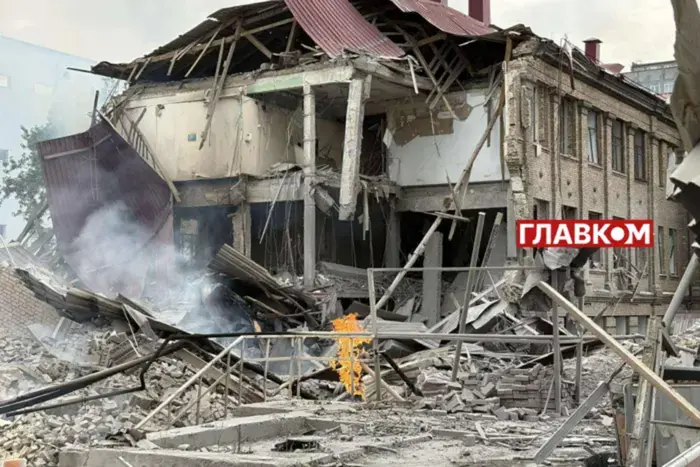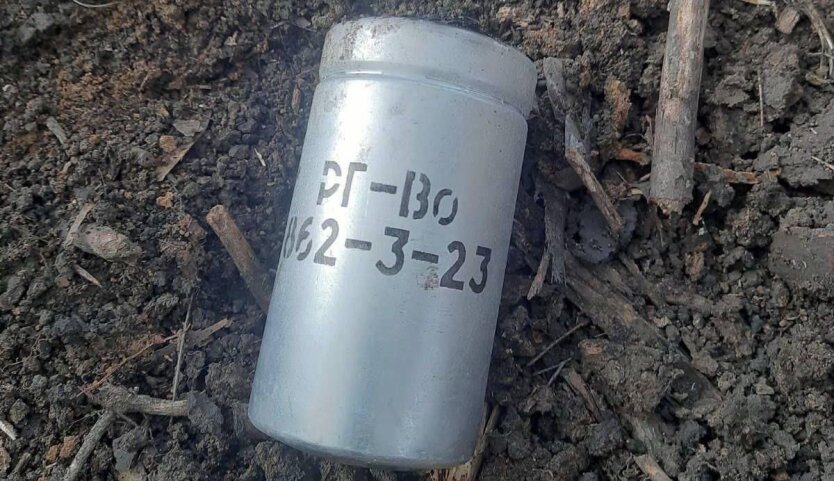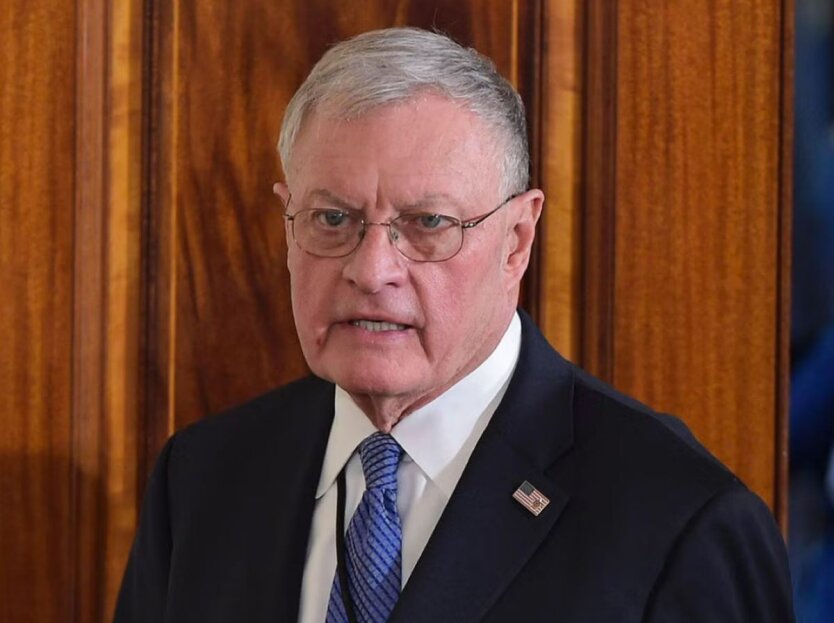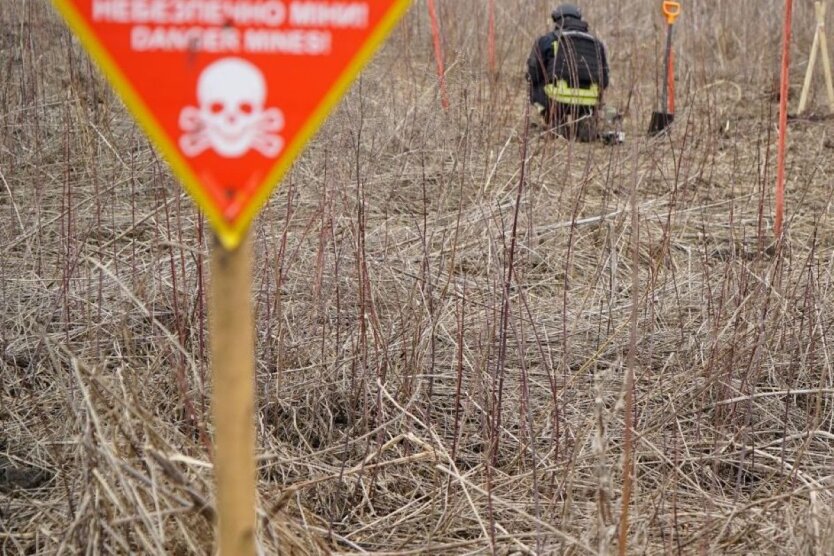Strategy-2030: how the border infrastructure with the EU will change.

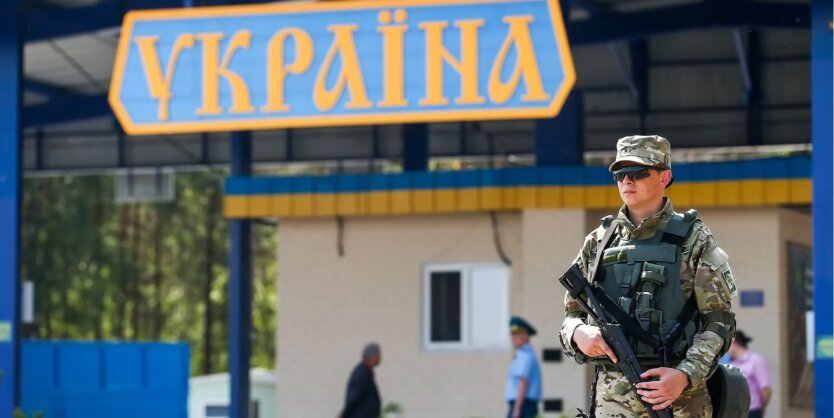
The government has approved the strategy for the development of border infrastructure until 2030
The Cabinet of Ministers of Ukraine has approved the strategy for the development of border infrastructure until 2030, developed by the Ministry of Community and Territorial Development. This strategy concerns road and railway checkpoints with EU member states and Moldova.
The main goal of the strategy is to increase the throughput of border infrastructure, launch joint customs and border control with neighboring countries, digitize border crossing to reduce waiting Time in line, and create a network of waiting areas.
The strategy envisages the reconstruction of 29 checkpoints and the construction of 17 new ones, work on reconstruction and railway tracks, multimodal terminals, and electrification of tracks. Agreements on joint control with neighboring countries will also be signed, and appropriate control will be implemented at checkpoints. Mechanisms for forecasting peaks in cargo and passenger flows will be used to effectively redirect vehicles to less congested checkpoints.
Various indicators, such as the duration of procedures, waiting time in line, the number of checkpoints and their capacities, throughput, and the availability of service areas and checkpoints with joint or coordinated control, will monitor the achievement of the strategy's goals.
An operational action plan was also approved by the Cabinet of Ministers, which details the development of checkpoints and access roads, specifies deadlines for task completion, and sources of funding.
Read also
- The EU has finalized the dates for approving a new sanctions package against Russia
- The Russian Federation scaled up the production of Shaheds. A military expert explained how Ukraine can protect itself
- The Defense Forces explained why the enemy uses chemical weapons
- Kellogg Seeks Key to Peace in Ukraine with Lukashenko: Trump's Man to Visit Belarus
- GLOBSEC-2025: Humanitarian De-mining in Ukraine Discussed at Security Forum
- The enemy has changed tactics in the Sumy region - border guards


